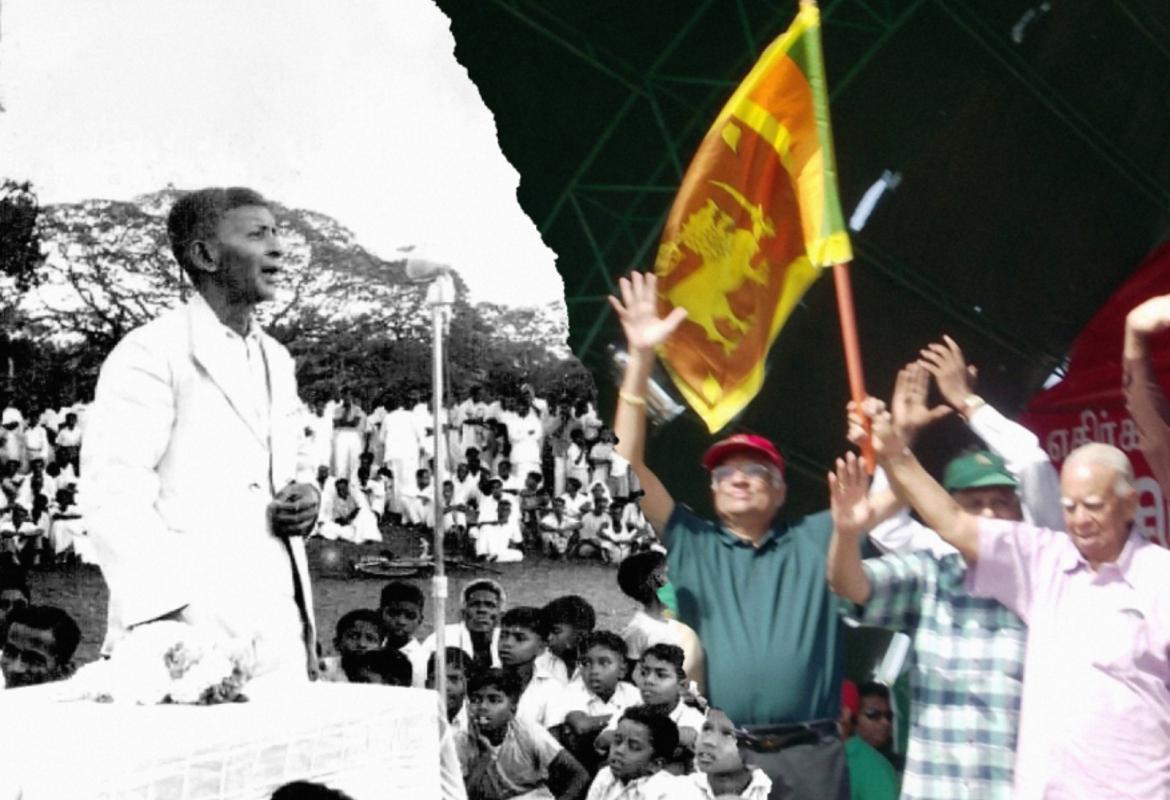Who decides Tamils’ representatives?
The European Union resolution on May 18, the first step towards proscribing the Liberation Tigers, also marked the EU’s transition from observer to a partisan participant in Sri Lanka’s conflict. There are a number of controversial aspects to the resolution, including, for example, the directive to the LTTE to go for talks with the Sri Lankan government “without delay” and “be prepared to decommission weapons.”

